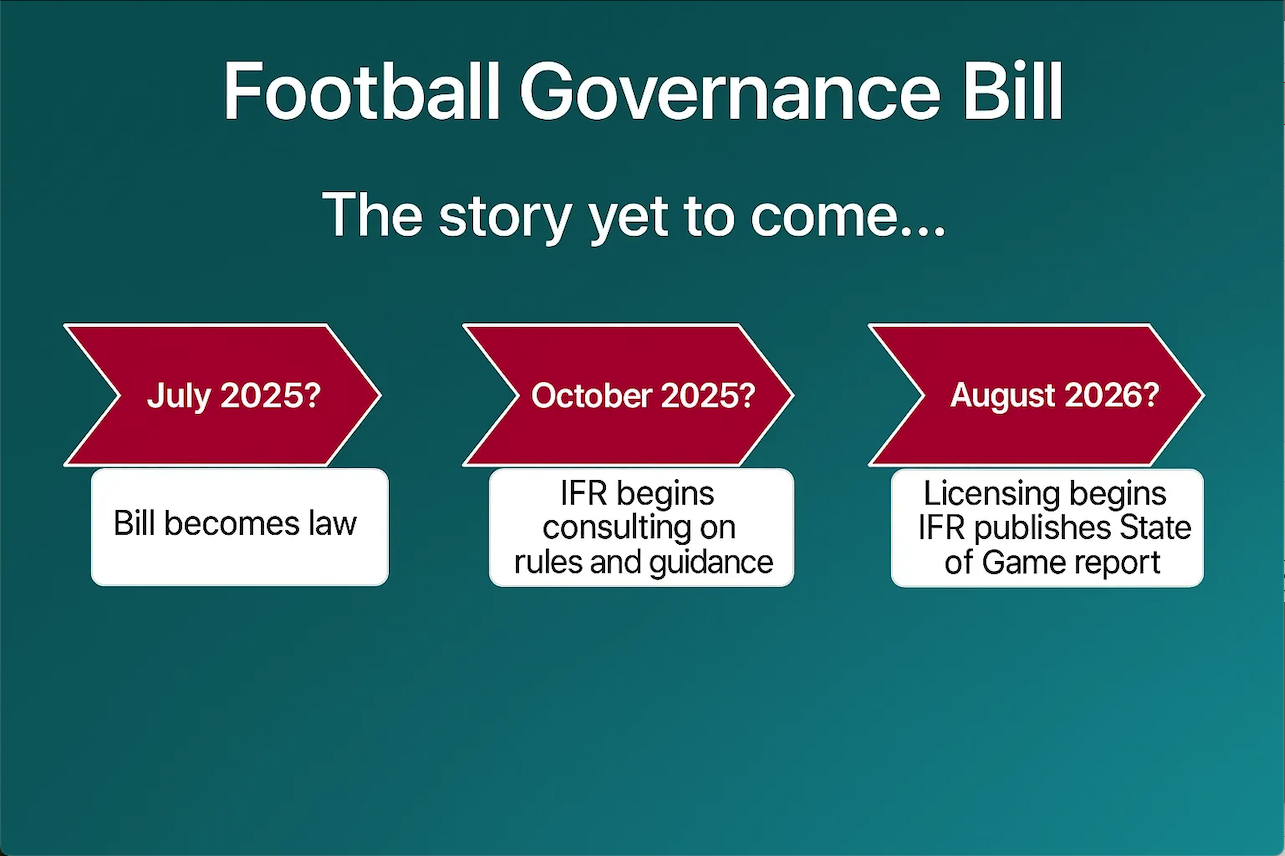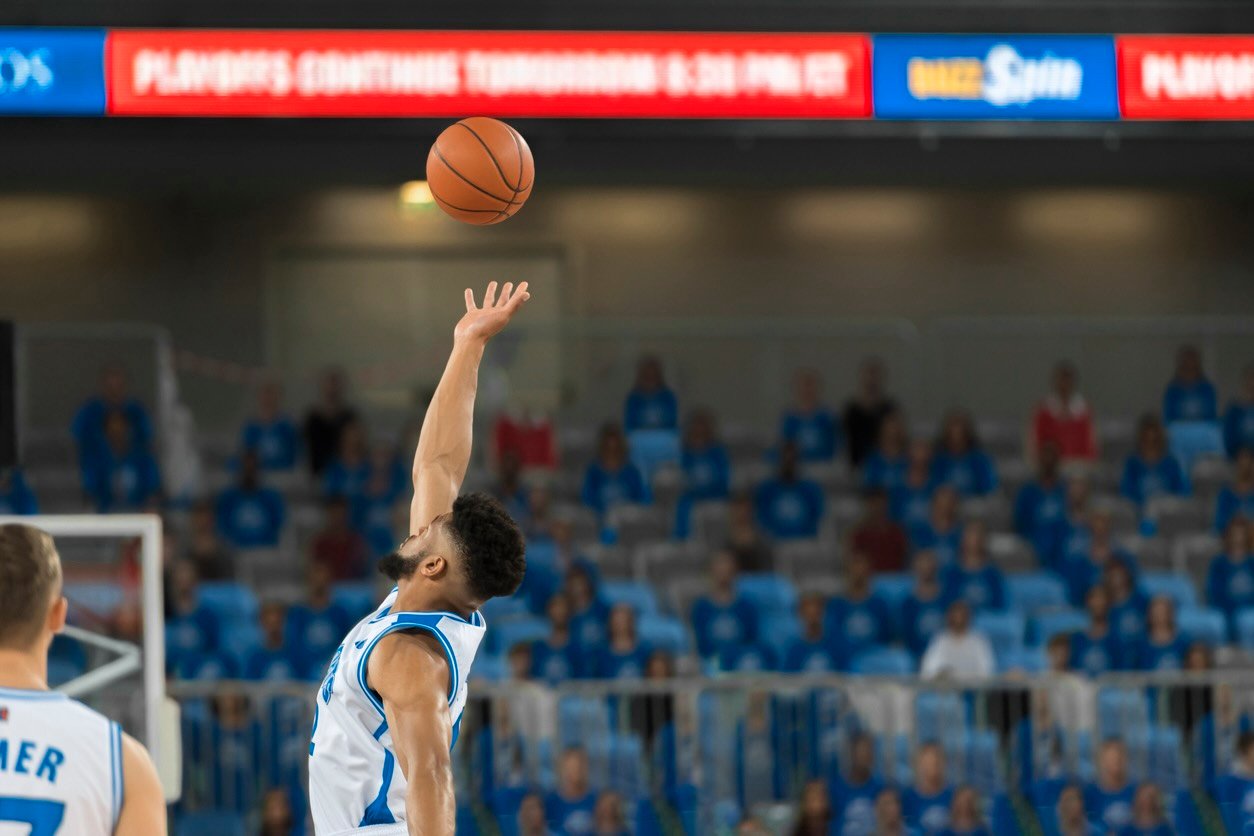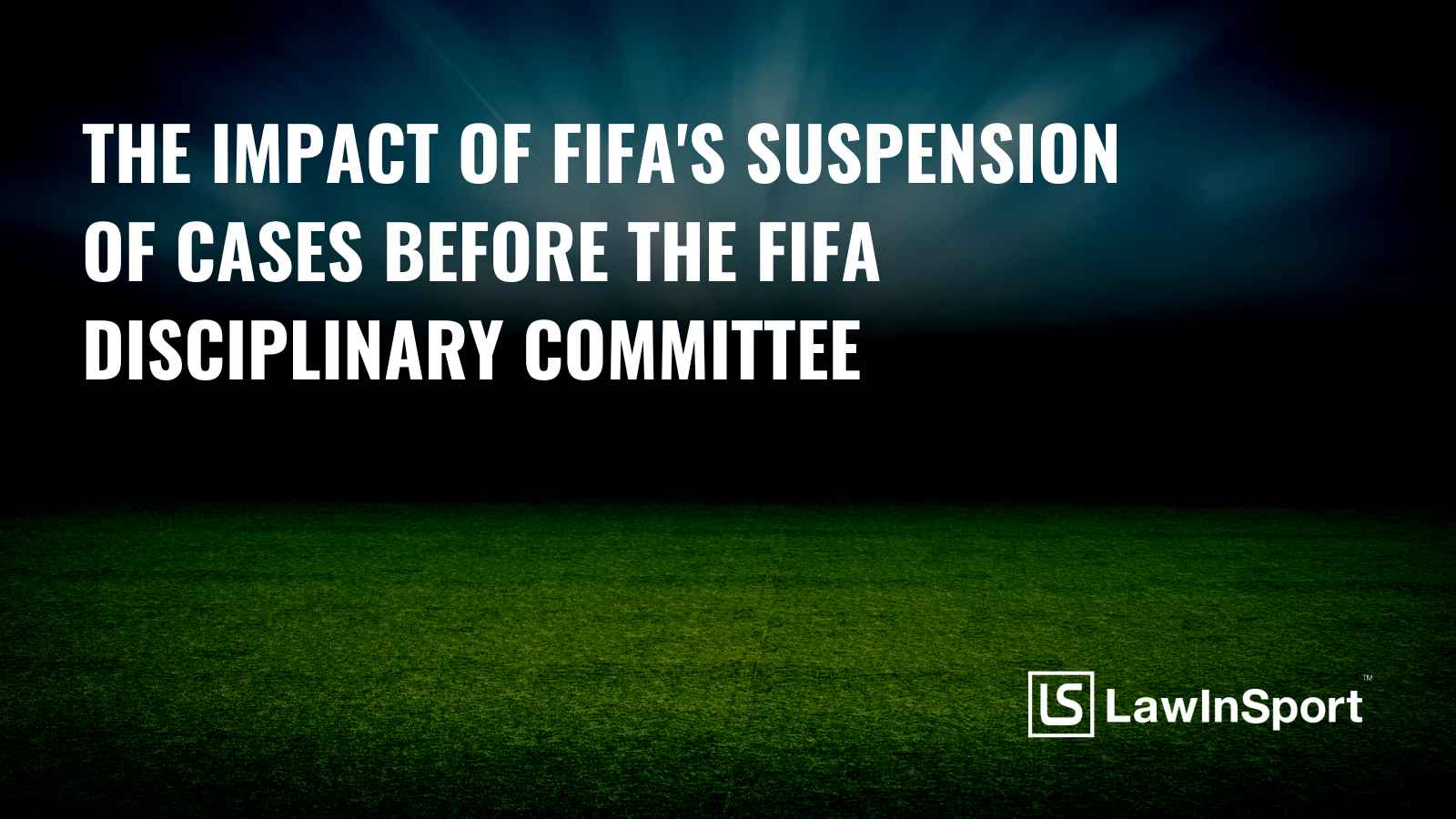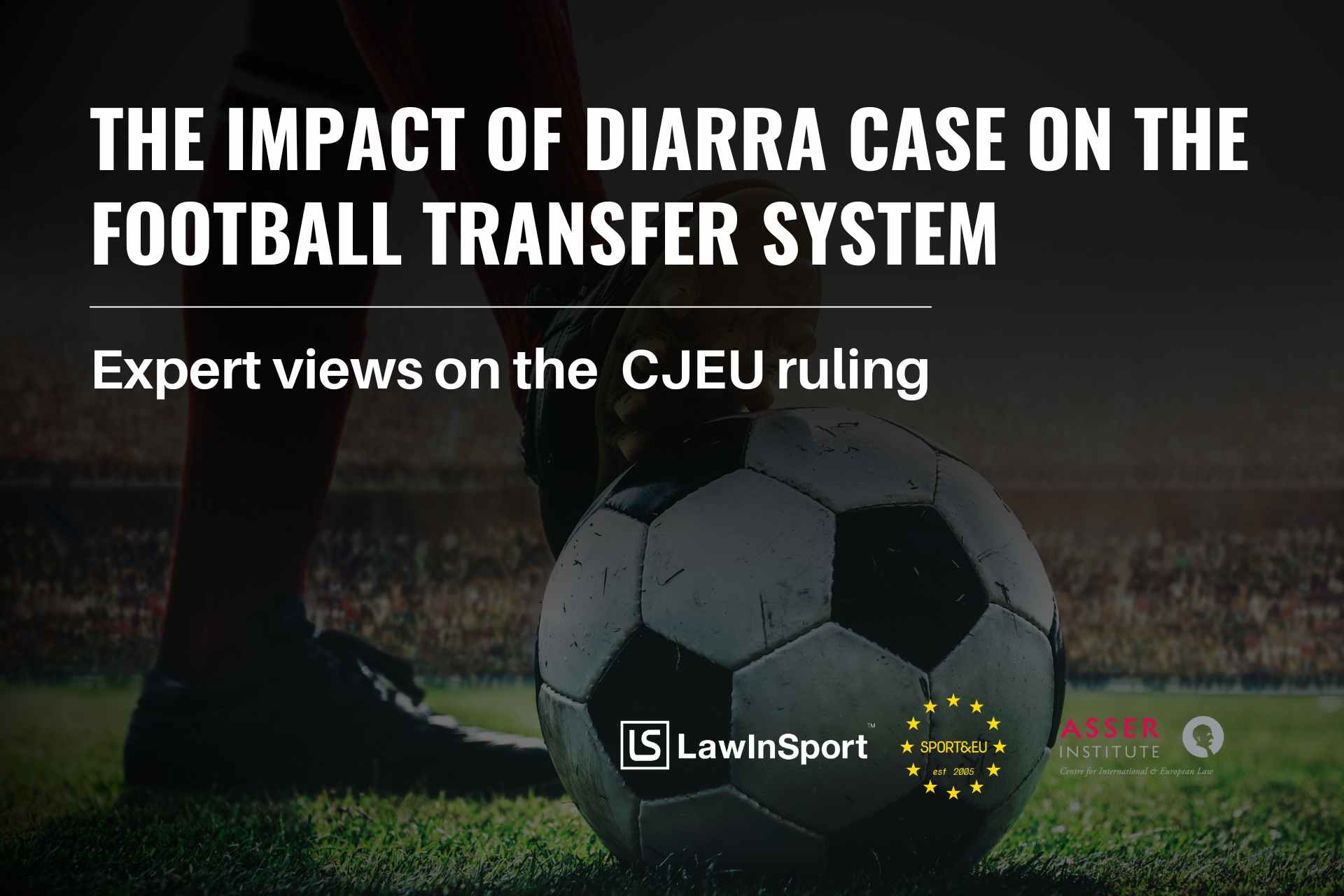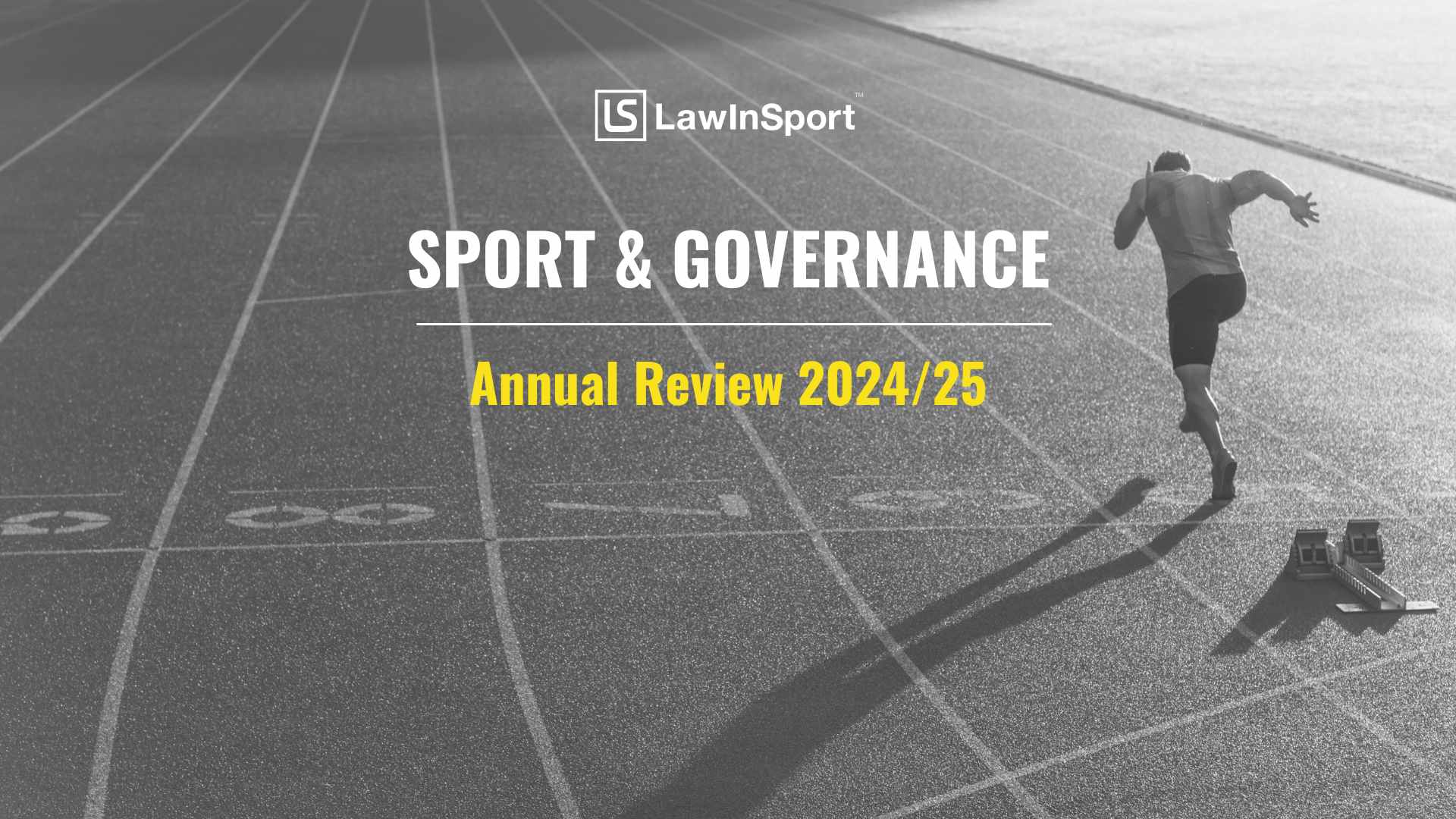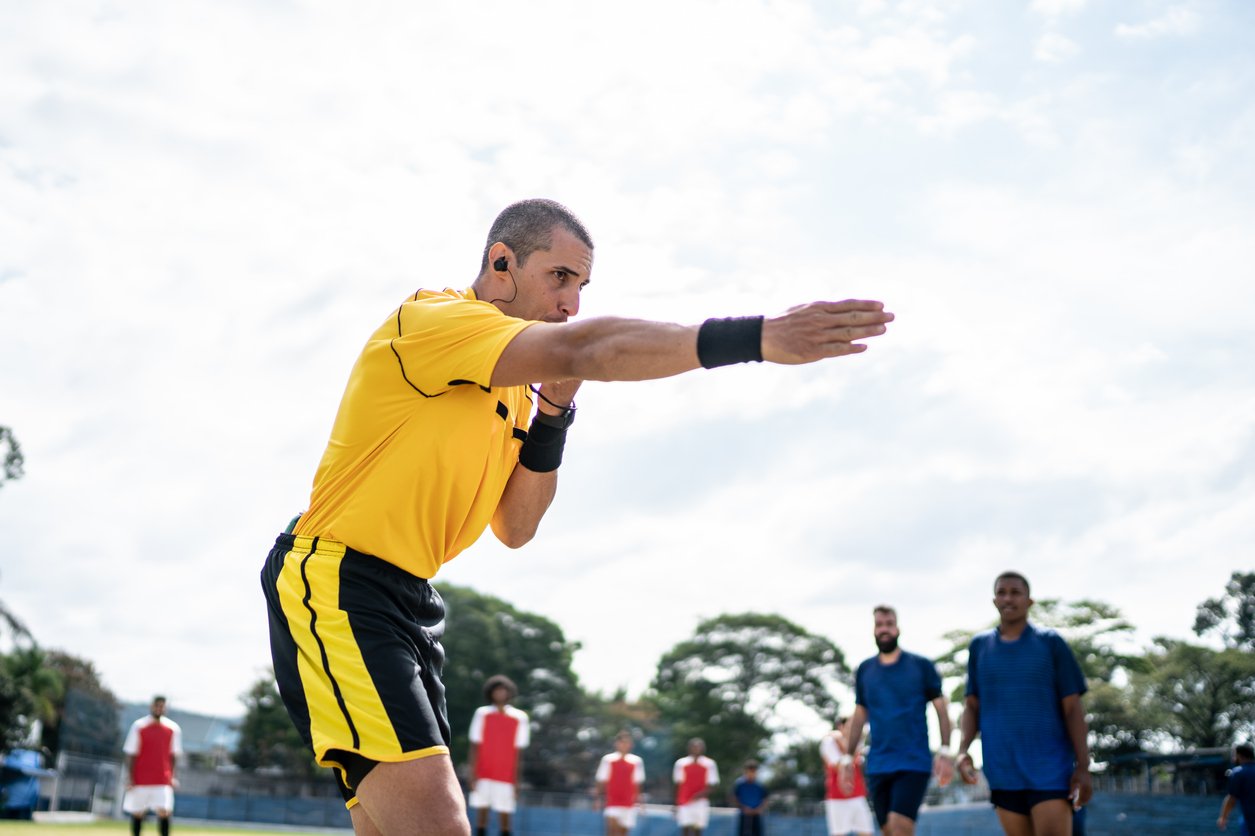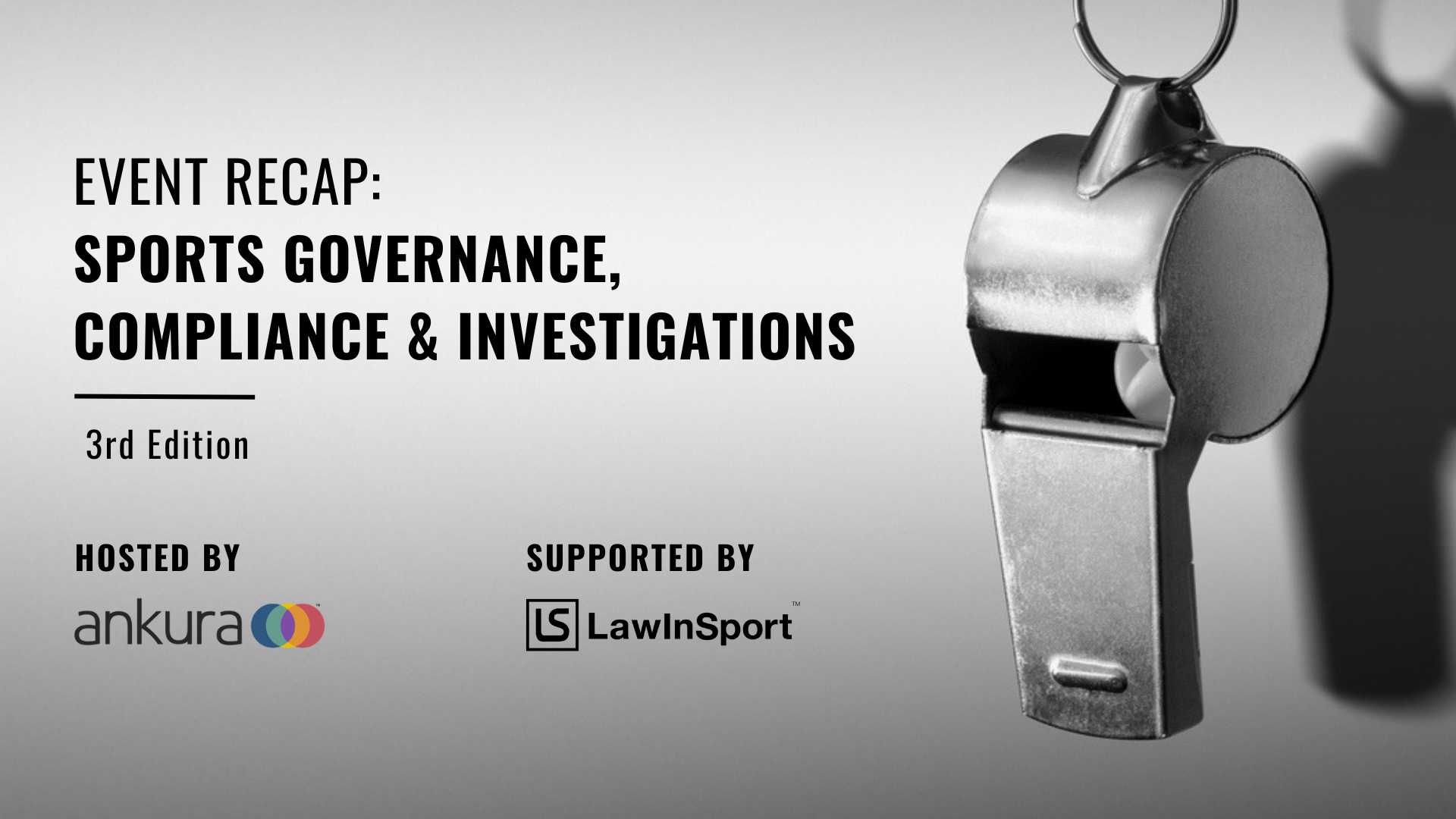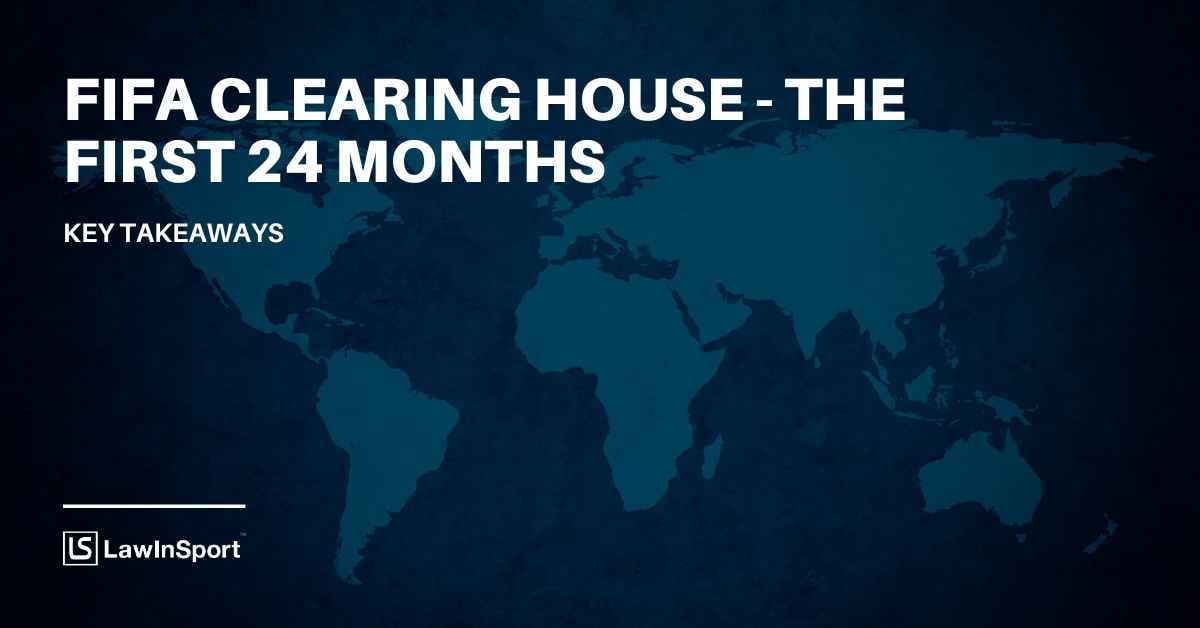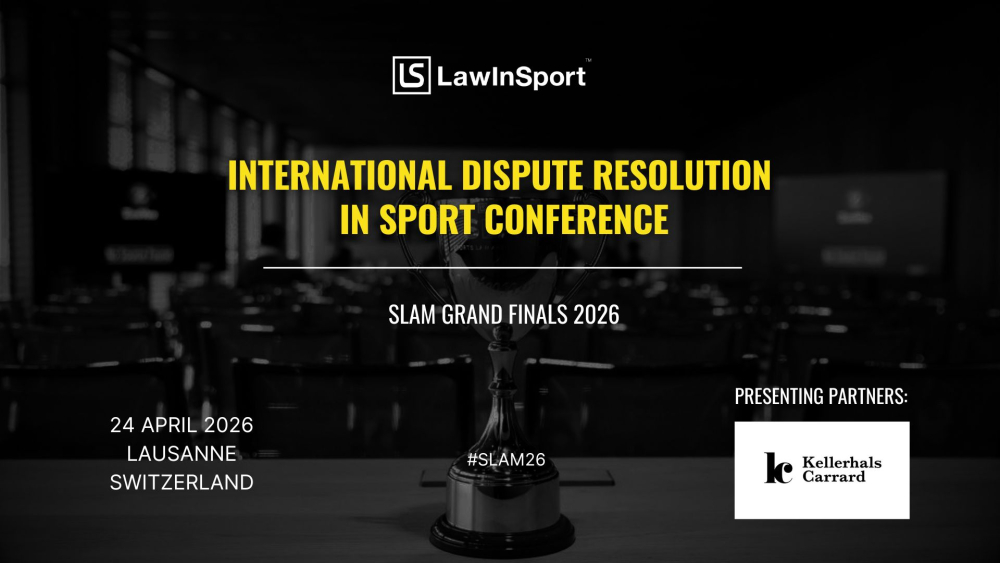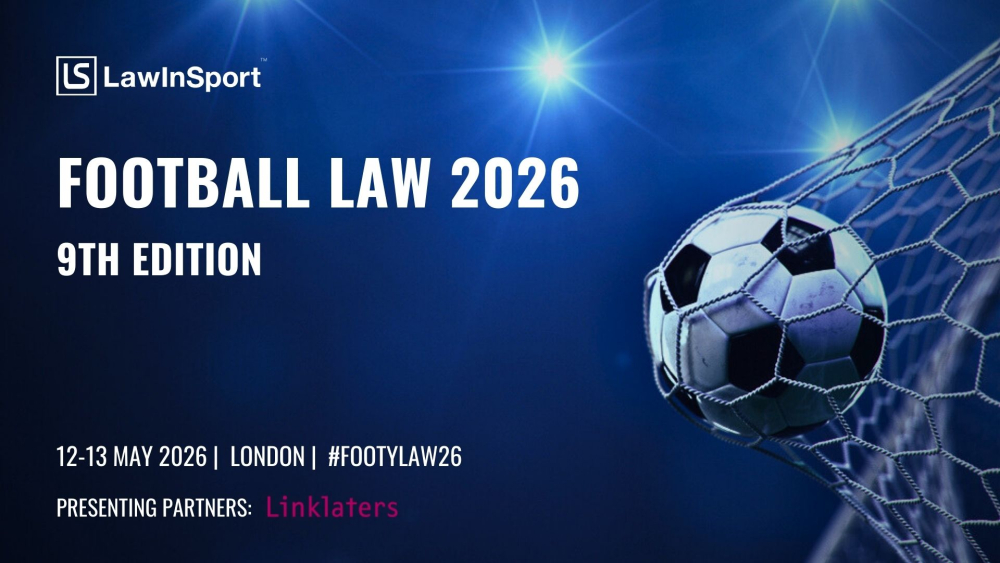Salary caps in European basketball: Examining EuroLeague’s new ‘Competitive Balance Standards’ as FIBA-NBA eye rival league
Published Monday, 02 June 2025.
The UK’s Football Governance Bill - Progress Update June 2025
Published Friday, 23 May 2025.
There are still people on the pitch! Updated risk mitigation tips from recent FA cases
Published Friday, 16 May 2025.
Key Trends in Football Player Transfer Agreements: Key Takeaways
Published Wednesday, 07 May 2025.
8 years of the U.S. Center for SafeSport: Successes, shortcomings, and reforms
Published Thursday, 01 May 2025.
Court proceedings deemed offside: English High Court stays court proceedings against former Chelsea FC club director in favour of arbitration
Published Thursday, 17 April 2025.
Changes to European sports travel – Navigating the UK and EU's new immigration schemes
Published Thursday, 17 April 2025.
More ‘compact’ versions of major sports events? Reflections on Host City 2024’s sustainability panel
Published Monday, 31 March 2025.
Exploring Asia’s Online Gaming Regulations: Balancing Play and Policy
Published Monday, 24 March 2025.
Will FIBA’s regulation of agents’ fees really help protect basketball clubs & players from undue influence?
Published Wednesday, 12 March 2025.
Politics, Tennis & the Ukraine War - Suspension of membership appealed (Belarus Tennis Federation v ITF)
Published Friday, 28 February 2025.
Beyond the field: How sports organisations can develop clear and targeted ESG strategies
Published Friday, 21 February 2025.
Navigating sports investments: a deep dive into NFL vs. Premier League opportunities
Published Wednesday, 12 February 2025.
Future-proofing esports: a look ahead to the key legal issues facing the esports industry
Published Friday, 07 February 2025.
F1 at a crossroads? FIA and Liberty Media’s battle for pole position on commercial rights
Published Tuesday, 14 January 2025.
Basketball Arbitral Tribunal Arbitration Rules 2025: What’s changed?
Published Friday, 10 January 2025.
The impact of FIFA's suspension of cases before the FIFA Disciplinary Committee - Key Takeaways
Published Friday, 20 December 2024.
WADA’s 2025 Prohibited List: Context and key changes
Published Thursday, 19 December 2024.
Best practice in safeguarding - World Athletics lead the field with updates to their pioneering safeguarding policy
Published Friday, 13 December 2024.
FC Barcelona v UEFA: Guidance from CAS decision on accounting treatment of sale of media rights under UEFA’s financial regulations
Published Friday, 22 November 2024.
How sustainability criteria are being integrated into club licensing regulations (Part 1: DFL & UEFA)
Published Tuesday, 19 November 2024.
Put your shirt on it: Gambling’s shifting relationship with professional sports
Published Wednesday, 13 November 2024.
Pitch invasions: How the FA Regulatory Commission approaches sanctions and what clubs can do to mitigate risk
Published Monday, 11 November 2024.
The impact of the Diarra case on the football transfer system – Key takeaways
Published Friday, 25 October 2024.
The Iñigo Martínez case: Testing the limits of FIFA’s 5-day ineligibility rule
Published Thursday, 05 June 2025.
Keynote speech on Ethics in Sports Law by Michael Beloff KC
Published Wednesday, 28 May 2025.
How blind trusts are helping address integrity concerns in multi-club ownership structures (Man City & Man Utd cases)
Published Friday, 16 May 2025.
Empowering the pitch: The unstoppable rise of women's football and what lies ahead
Published Friday, 09 May 2025.
Jordan Chiles Olympic Medal Controversy: Background to Dispute & CAS Decision
Published Friday, 02 May 2025.
A guide to the expected changes to the WADA Code in the 2027 edition
Published Monday, 28 April 2025.
The dangers of AI: How deepfakes and inaccurate content are impacting the sports industry
Published Thursday, 17 April 2025.
The importance of procedural rigour: ESIC find team Astralis’ emergency substitution brought tournament into disrepute
Published Wednesday, 09 April 2025.
Can Sporting Succession Exist Without Club Dissolution? Lessons from a recent CAS decision (CAS 2023/A/9809)
Published Tuesday, 25 March 2025.
The battle continues - Implications of the latest decision in Manchester City's challenge to the Premier League's APT rules
Published Thursday, 20 March 2025.
Sport & Governance – Annual Review 2024/25
Published Wednesday, 05 March 2025.
What are the key changes to the AIFF Disciplinary Code in the 2024 edition?
Published Tuesday, 25 February 2025.
Takeaways from Ankura & LawInSport's Sports Governance, Compliance, and Investigations Workshop & Seminar - 3rd Edition
Published Thursday, 20 February 2025.
Investing in Italian professional football: The evolving landscape of club ownership rules between reforms and challenges
Published Tuesday, 11 February 2025.
FIFA Clearing House - the first 24 months: Key Takeaways
Published Monday, 20 January 2025.
What’s happening with Dani Olmo? A legal analysis of the registration dispute between FC Barcelona, LaLiga and RFEF
Published Friday, 10 January 2025.
Boundaries of freedom of speech in sport: Lessons from recent CAS Decision (Tymoshchuk v. UAF)
Published Friday, 20 December 2024.
Olympic ambitions and legal transitions: India's sporting landscape in 2024
Published Friday, 20 December 2024.
Safeguarding and GDPR: What should sports organisations know?
Published Wednesday, 18 December 2024.
From policy to practice: A sport organisation's guide to effective safeguarding
Published Wednesday, 11 December 2024.
Transforming Transfers? How the CJEU reconsidered FIFA’s Transfer Rules in the Diarra case
Published Friday, 22 November 2024.
What should you know before entering into representation agreements under Swiss law?
Published Wednesday, 13 November 2024.
A review of how Paris 2024 Olympic Games aimed to address gender equality
Published Wednesday, 13 November 2024.
How are legal costs recovered in Premier League disciplinary proceedings? Reviewing guidance of Appeal Board in the Everton case
Published Thursday, 31 October 2024.
Will the new English football regulator be “truly independent”?
Published Tuesday, 22 October 2024.


